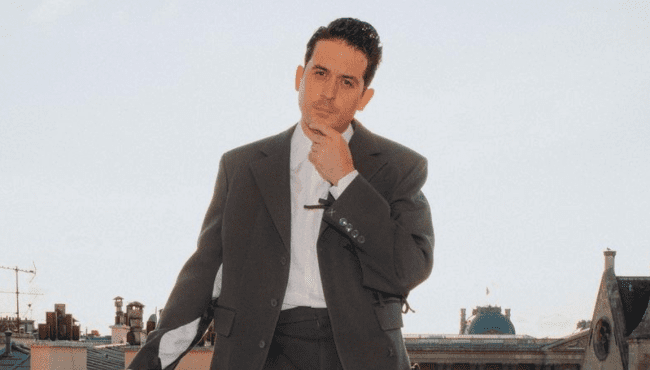How did the Canadian accent become, well, the Canadian accent? Contrary to what you might think, the Canadian accent is a lot more nuanced and complicated than just “eh” and “aboot.” The Canadian dialect has an interesting and complex history that highlights our country’s unique populations and their varied linguistic quirks.
So, it’s no news to anyone that Canada used to be a part of the British Empire, which is why we speak English (and French, but we’ll get to that). And given that we never revolted like the Americans did, that means there are a lot more British-y words in what’s called Standard Canadian English than in American English. Spelling words like “colour,” “labour,” and “honour” with a “u” is a big example of this.
But, there is a big American influence on how we speak. How can there not be with our proximity? After The War of 1812, there were roughly 100,000 American immigrants living in Ontario, which helped form the more American accent (rather than British) that Anglo-Canadians have. This is why, to people outside of North America, Americans and Canadians sound incredibly similar. We’re sorry to burst that bubble.
Not all of Canada speaks the same though. People in Newfoundland, due to immigration from Ireland and southwestern England, have one of the most distinctive accents in the country. They also had less time to be tainted by Standard Canadian English because they only joined the confederation in 1949.
There is also a distinct Northern Canadian accent which stems from its remoteness and the influence of Indigenous languages on English.
And here’s a whole other can of linguistic worms: Canadian French. While unfortunately, we didn’t do well in Grade 11 French, so we can’t be too in-depth, there are some interesting differences between European French and Canadian French.
Related Posts:
Vancouver Mural Fest Has Doubled The Number Of Walls For 2020
8 Things To Do This Week In And Around Vancouver (June 22-26)
For years, francophone populations in Canada were forced to use English in business, government, and law until bilingualism was introduced in Canada in the 1970s. This means there is a big English influence on Quebec French. Some interesting loan words include “party,” “cute” and “fan,” to name just a few.
In Vancouver and Western Canada, the dialect is different as well. The more Americanized Canadians from Ontario who settled the west, along with the immigration and settlement from America and the world, gave rise to Western Canada having a more American, neutral-sounding accent. Knowing this, it makes sense that Bob and Doug Mackenzie were from Ontario rather than BC.
Interestingly enough, linguists say that people in the Lower Mainland specifically have more in common with the American Pacific Northwest accent than they do the Standard Canadian English. Which shows how much geography plays a role in how we talk!
All that being said, it’s important to remember that if you’re Canadian, you speak like a Canadian. Not having the standard, “aboot” accent is by no means a qualifier on how “Canadian” someone is. No matter how you speak you’re just as Canadian as the Ontarian who ends every sentence with “eh” or the Newfoundlander who says “b’y” instead of “buddy.”
If you found this interesting, there’s a whole book on English in Canada that you can get here.





